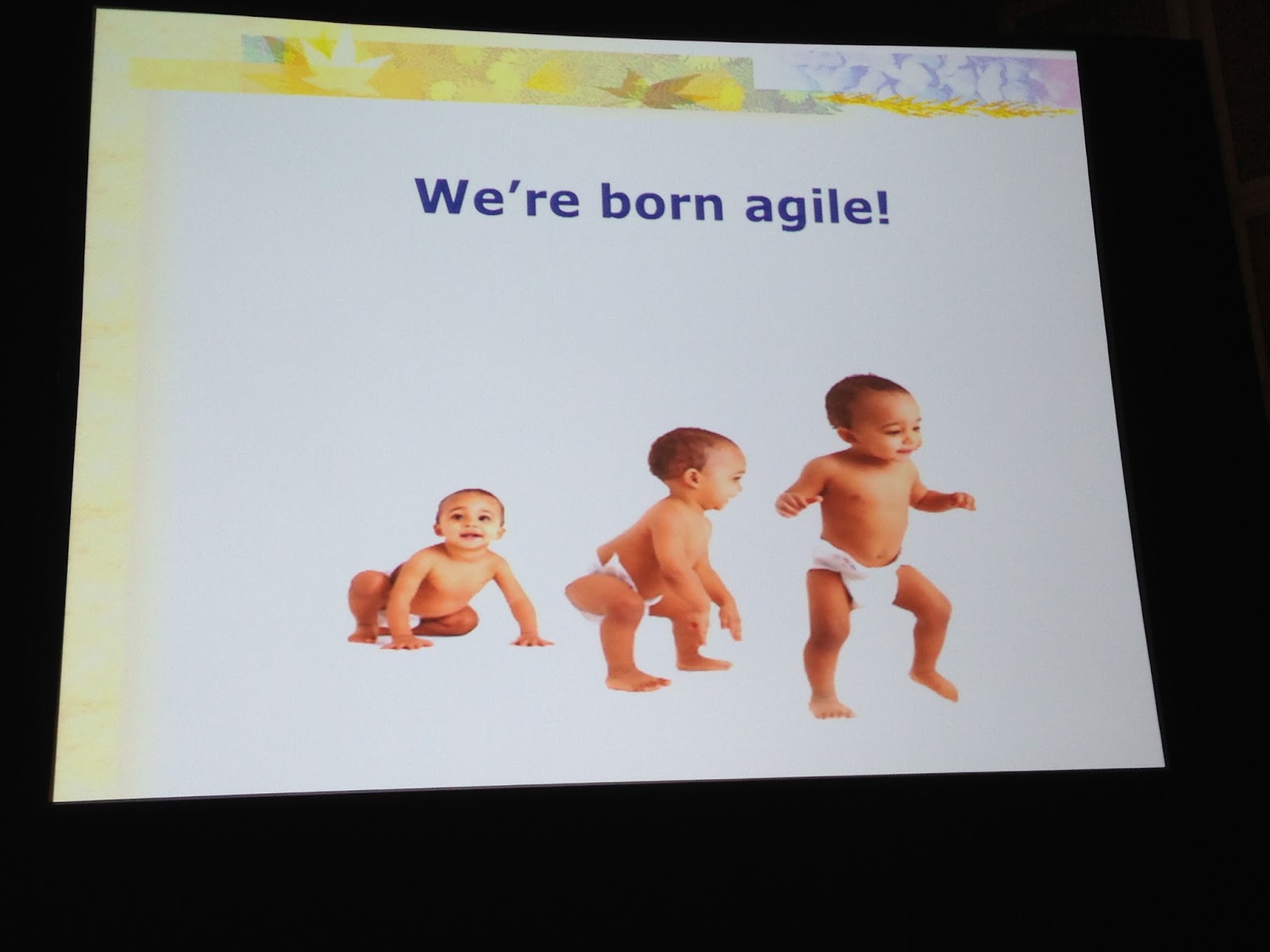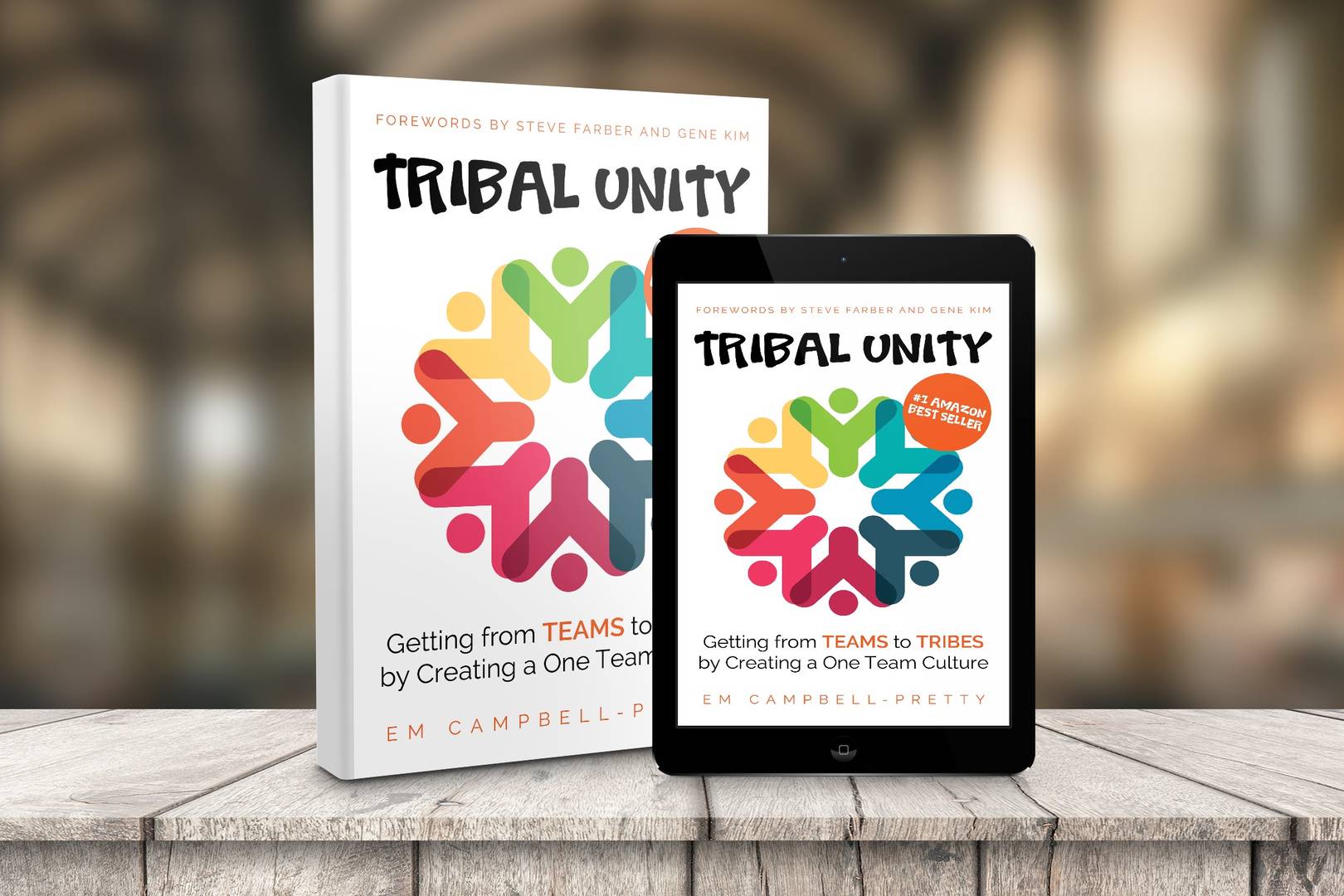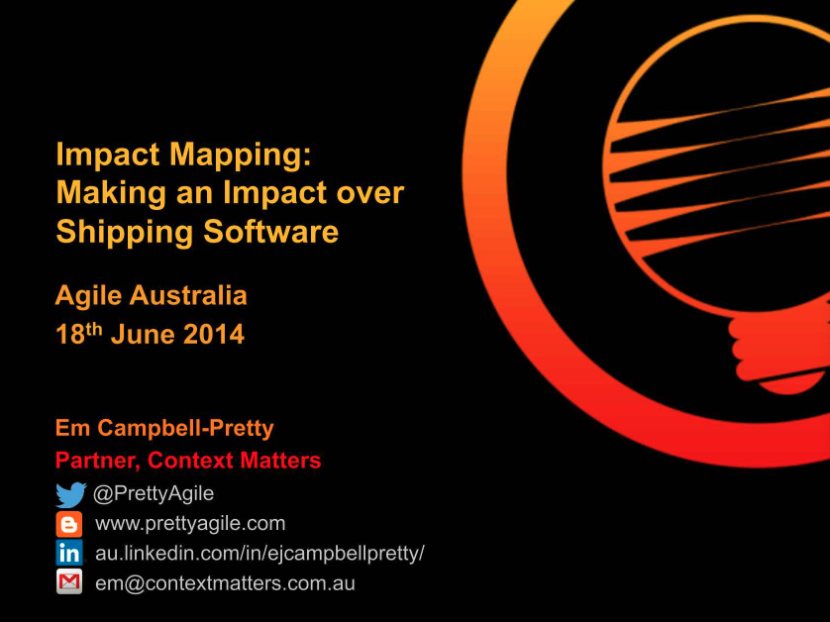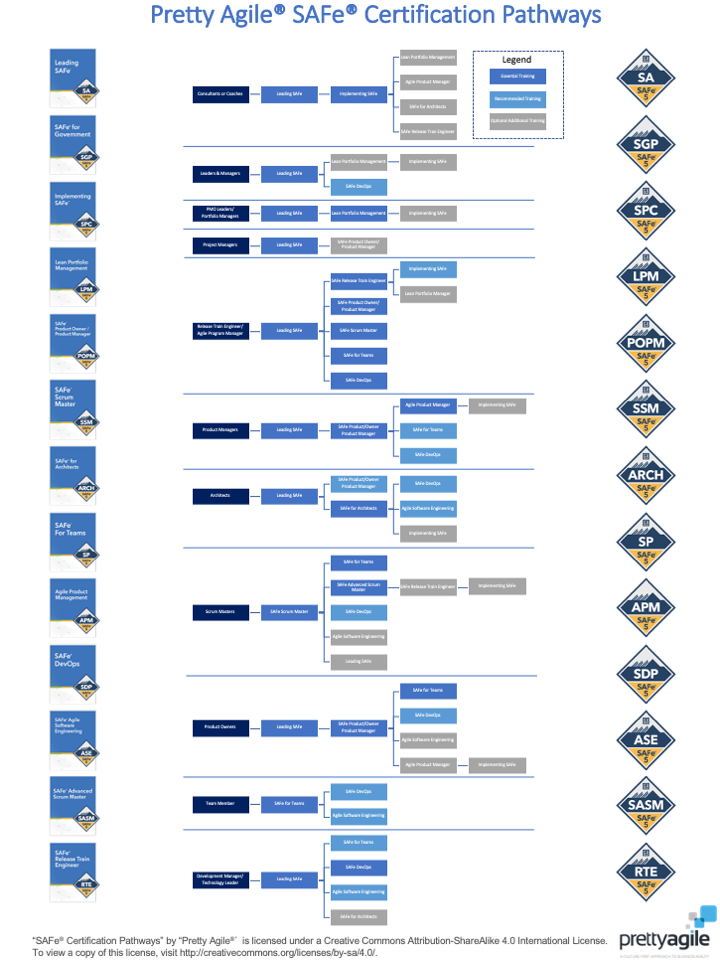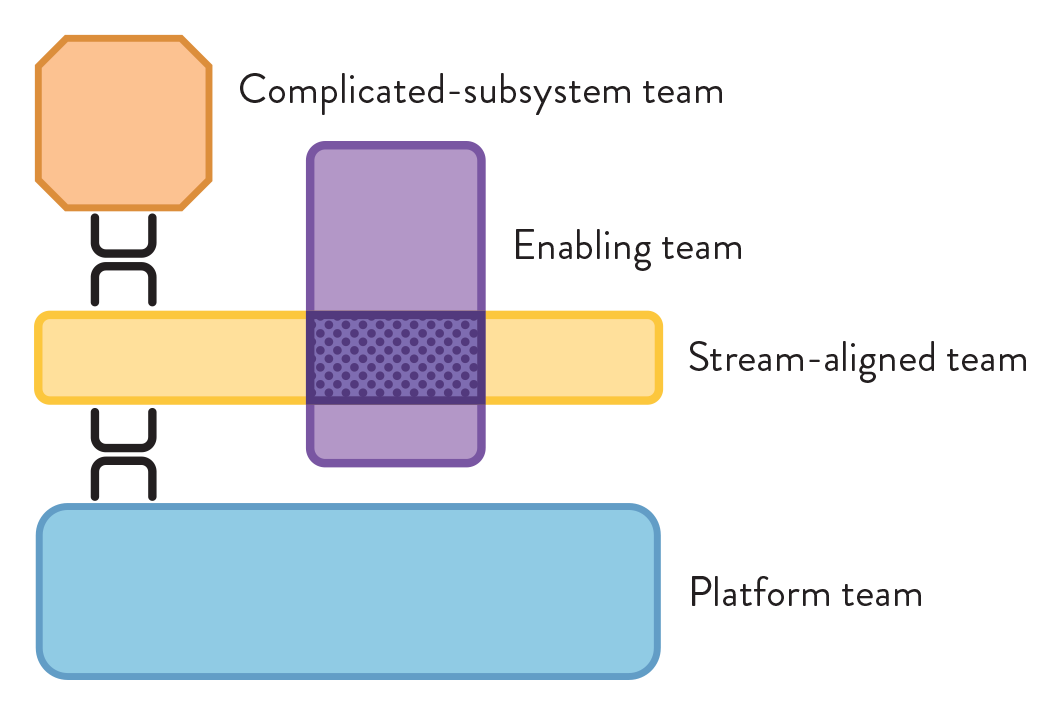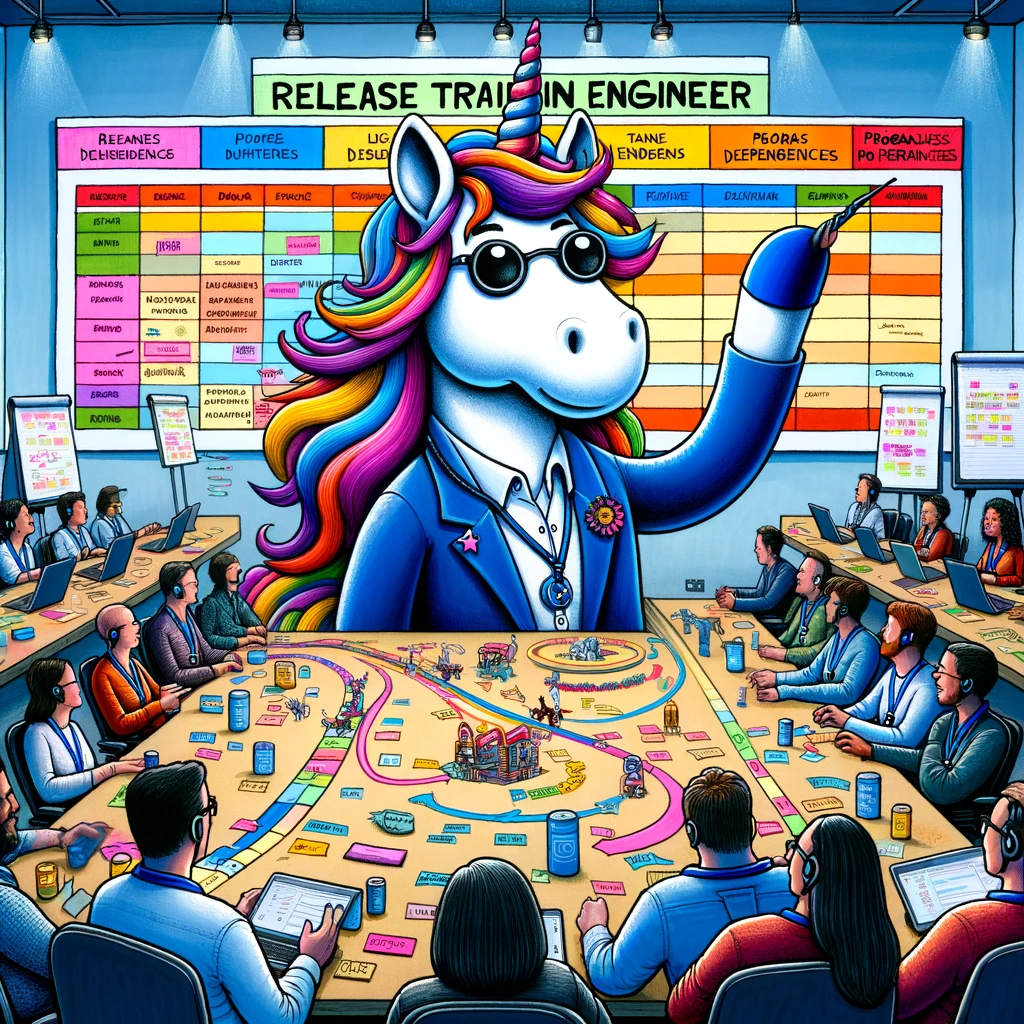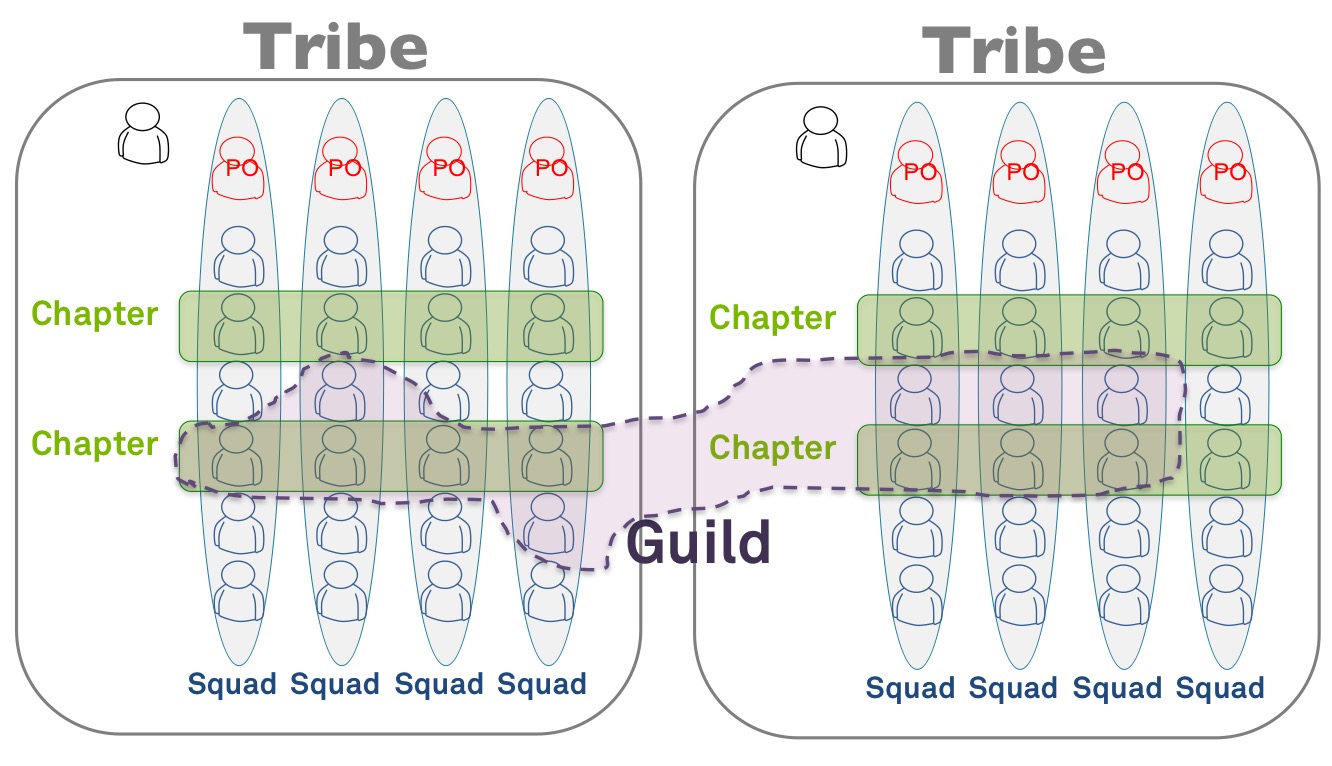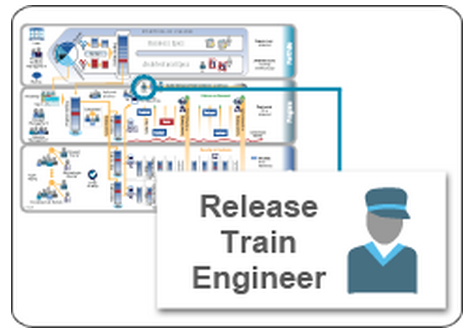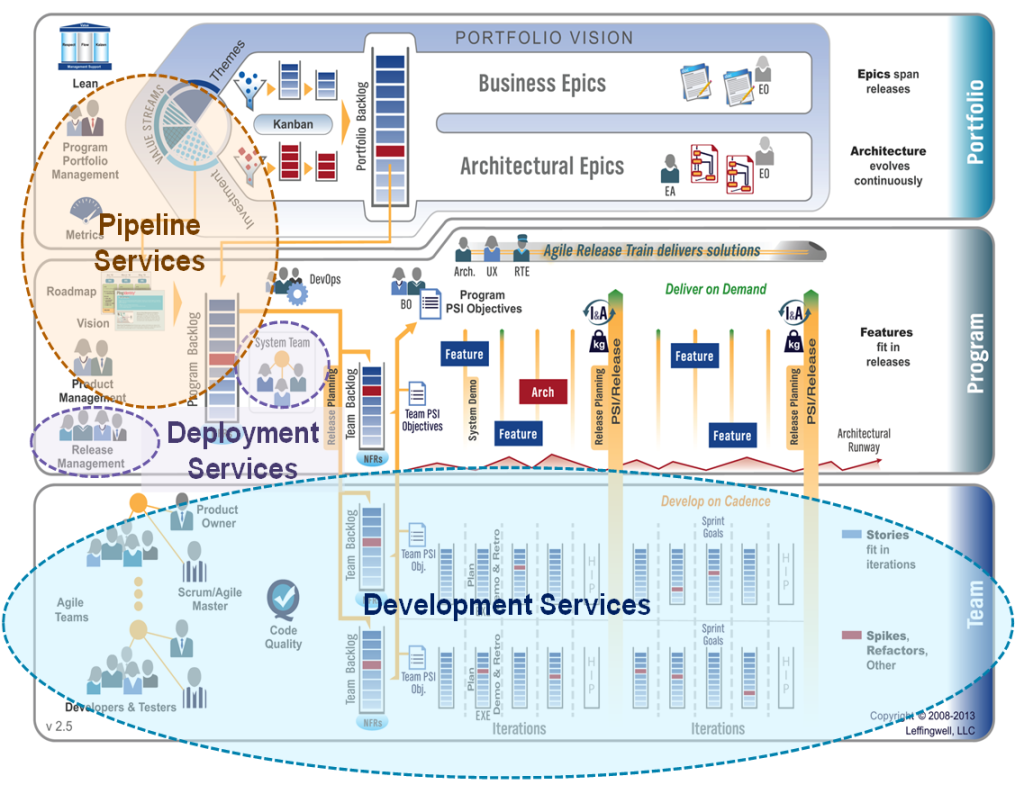- AI-Native Training
- SAFe Training
- Choose a Course
- Public Training Schedule
- SAFe Certifications
- Leading SAFe
- SAFe Scrum Master
- SAFe Product Owner/Product Manager
- SAFe Lean Portfolio Management
- SAFe Release Train Engineer
- Implementing SAFe
- Advanced SAFe Practice Consultant
- Advanced Scrum Master
- SAFe for Architects
- SAFe for Hardware
- SAFe for Teams
- Agile Product Management
- SAFe DevOps
- SAFe Agile Software Engineering
- Leading SAFe for Government
- SAFe Micro-credentials
- Agile HR Training
My Agile 2013 Experience - Day 2 of 6
Monday
I missed Monday morning's keynote to attend the Executive Forum. In hindsight, the Executive Forum was not the best use of my time and hence I decided to spend the remainder of my day checking out sessions from the main conference.
The Keynote, "Coding for America: How Agile and Lean are disrupting government -- and why they need to", was videoed and can be viewed online here.
The Agile Mindset by Linda Rising
This session was definitely my highlight from Day 1. Building on a theme touched on by Mary Poppendieck and Torbjörn Gyllebring at Agile Australia, Linda explored the fixed versus agile (growth) mindset. This session was a sequel to her Agile 2011 Keynote, 'The Power of an Agile Mindset' which I can also recommend.
Linda's message was clear: mindset is not fixed, we are born agile and research has shown we can develop either a fixed or agile mindset. Stereotyping is dangerous, as those being labelled become believers in the stereotype (as illustrated by the "blue eye/brown eye" exercise). To foster an agile mindset, praise effort not talent eg. You worked hard on that! vs. You're so smart!". Failure is essential to learning.
Linda recommended the following books:
- Mindset: The New Psychology of Success by Dr Carol Dweck (also recommended by Mary Poppendieck and Torbjörn Gyllebring).
- Leadership and the Art of Struggle: How Great Leaders Grow Through Challenge and Adversity by Steven Snyder.
- Succeed: How We Can Reach Our Goals by Heidi Grant Halvorson PhD.
- How Children Succeed: Grit, Curiosity, and the Hidden Power of Character by Paul Tough.
Creating Great Businesses Requires Great Empathy by Jean Tabaka and Robyn Mourning
Jean and Robyn's workshop focused on teaching techniques for using empathy practices to shape better solutions. They showed a powerful video of George Kembel from the d.school at Stanford talking about how using design thinking resulted in a more child-friendly MRI machine. (While not the video shown by Jean and Robyn, this footage of George Kembel telling the story can be found here - start from 4m45s.). The workshop provided an overview of the design thinking process used at Rally Software: Empathise, Circumstance, Define, Ideate, Prototype and Test, based on the d.school process. The session left me with no doubt that "Guessing is easy. Empathy requires discipline".
For those interested in learning more Jean recommends the Virtual Crash Course in Design Thinking by the d.school at Stanford
DevOps isn't Enough for your Dysfunctional Organisation by Mandu Walls
Mandi helps companies implement DevOps but finds the problems that generally need to be addressed are less about technology and more about people and process dysfunction. She pointed to specialisation, prioritisation and conflicting incentives as the origins of this dysfunction. Tools she recommends to combat this include: goal setting, communication, self-awareness and training.
When it comes to implementing devops, Mandi likes to conduct a baseline assessment of the current state and reasons for change by talking to everyone and she has some great questions she uses. My favourites included: "What is the most broken thing about the current process/project?" and "Who is able to hold your project hostage?"
Mandi was kind enough to post her presentation on SlideShare which provide a more details on her approach to implementing DevOps and some great questions you might want to use in assessing your project's current state.
Ice Breaker Reception
My original plan for Monday evening was to check out The Time Jumpers with Lynn Winterboer, Erin Beierwaltes and Ken Collier. Unfortunately, jet lag got the better of me and I ended up taking an unscheduled nap instead! Waking up around 8 pm, I wandered down to the Ice Breaker Reception, only to find myself embroiled in another round of "Six degrees of Jean Tabaka"! In this round, I was lucky enough to meet Gino Marckx, Brian Adkins, Jabe Bloom (@cyetain) and Abby Fichtner (@hackerchick). I really think there is a future in this game if I could only work out a way to monetise it - perhaps a certification would work! ;-)


